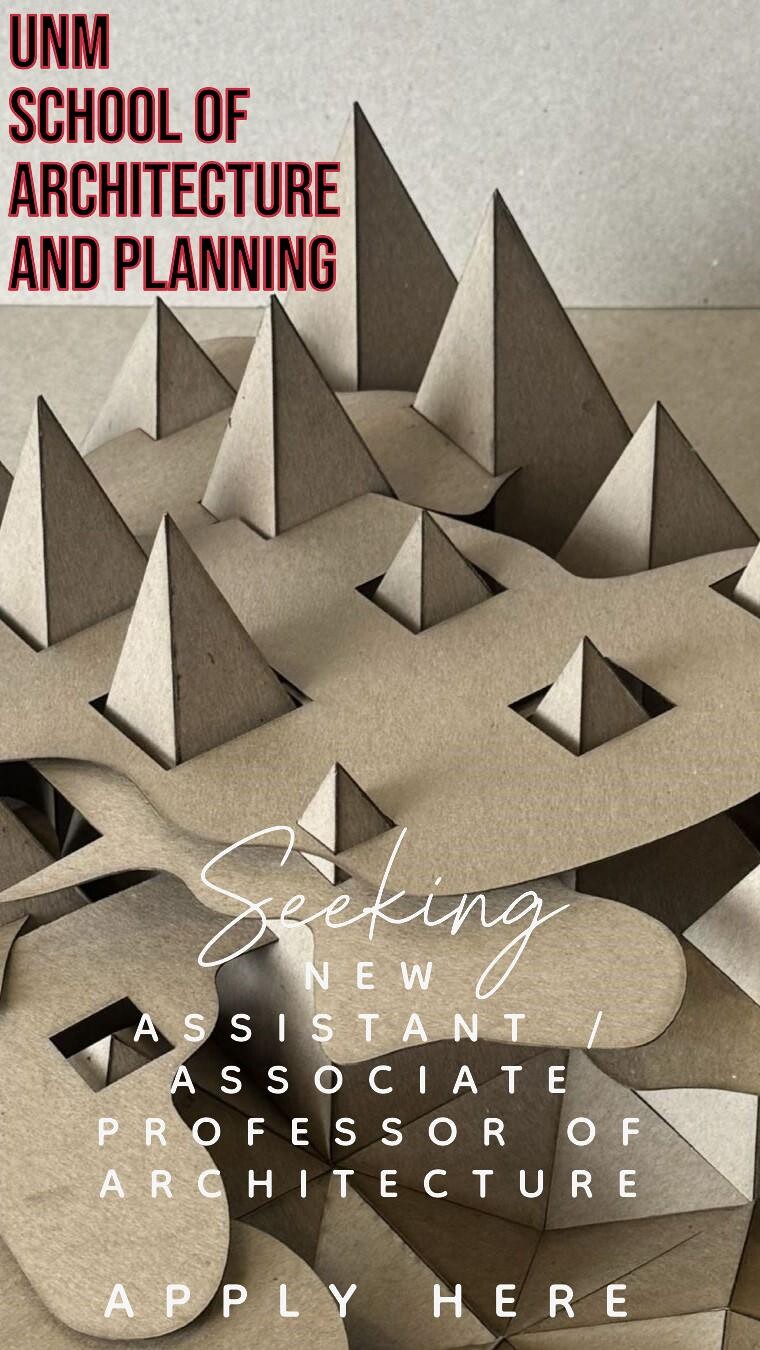Slavs and Tatars: Long Legged Linguistics
Mai Hofstad Gunnes: Proverbs for Ouroboros
March 12–May 3, 2015
Opening: March 12
Trondheim kunstmuseum
Bispegata 7 B
7013 Trondheim
Norway
Slavs and Tatars: Long Legged Linguistics
The art collective Slavs and Tatars works in a number of different media, including installations, lecture performances, publications and sculptures. Their works address connections between politics, language, history and social and cultural practices in the region they define as “the area east of the former Berlin Wall and west of the Great Wall of China known as Eurasia.”
The exhibition Long Legged Linguistics presents sculptures, print works, and Love Letters—a series of carpets based on the drawings of Russian poet, playwright and artist Vladimir Mayakovsky (1893–1930). Through caricature, the carpets depict the experience of having a foreign alphabet imposed on one’s native tongue and the linguistic acrobatics required to negotiate such change. In particular, the carpets tell two parallel stories: that of the Bolsheviks’ forced Latinisation and later Cyrillisation of the Arabic-script languages spoken by the Muslim and Turkic-speaking peoples of the Russian Empire, and the 1928 language revolution of Mustafa Kemal Atatürk—Turkey’s first president—in which the Turkish language was converted from Arabic to Latin script.
The casualties of these linguistic takeovers—lost letters and mistranslations—are given centre stage here as a testament to the trauma of modernization. Long Legged Linguistics at Trondheim kunstmuseum contemplates and celebrates the resistance of these maladapted sounds.
Since 2006, Slavs and Tatars have had numerous solo exhibitions including, recently Kunsthalle Zürich, the Dallas Museum of Art and NYU Abu Dhabi as well as innumerable group exhibitions, and are shortlisted for the German Preis der Nationalgalerie 2015.
The Tranny Tease
April 9, 6:30pm
Lecture performance by Slavs and Tatars as part of the exhibition
Mai Hofstad Gunnes: Proverbs for Ouroboros
Mai Hofstad Gunnes’ project Baby Snakes Hatching. Ruins. Ruins. (2012) consists of a 16 mm film, collages, a series of screen prints, and an artist’s book. The project contains references from psychoanalysis and the animal mythology and architecture of Hopi Indians, and presents a maze-like narrative in which architecture and the life cycle of snakes are brought together through magical assimilation. In a 1923 essay, German art historian Aby Warburg writes about the symbolism of snakes in the rituals of Hopi Indians. To them, the snakes’ slithering bodies resemble bolts of lightning. In Gunnes’ film this ritual is projected onto three characters, whose performances cause the apartment in which the film takes place to “hatch” and fall to ruin.
The pictures on the walls in the apartment are references to Warburg’s Mnemosyne Atlas where Warburg brought images together in new ways in order to trigger the viewer’s associations and memory, and created an alternative, non-linear, art history. Hofstad Gunnes uses a similar method. In both projects exhibited in Proverbs for Ouroboros one can trace an interest in combining images and elements in new constellations.
In An Everywhere of Silver (2009) footage of a rocket launch is merged with footage of two dancers. The two women represent the two test vessels MIRIAM and REGINA, which were launched in 2006 and 2008 respectively, in preparation for the Mars balloon project ARCHIMEDES, planned for 2017.
Mai Hofstad Gunnes (b. 1977 in Lørenskog) studied at Trondheim Academy of Fine Art, Universität der Kunste, Berlin, and the CCA, Center for Contemporary Art, Kitakyushu, Japan. She has had many solo exhibitions, including at WIELS Contemporary Art Centre, Brussels, UKS, Oslo, and Oslo Kunstforening as well as numerous group exhibitions. Her works have been acquired by the National Museum, Oslo.
Artist’s talk
April 23, 6:30pm
Mai Hofstad Gunnes talks to Trondheim kunstmuseum director Johan Börjesson.

